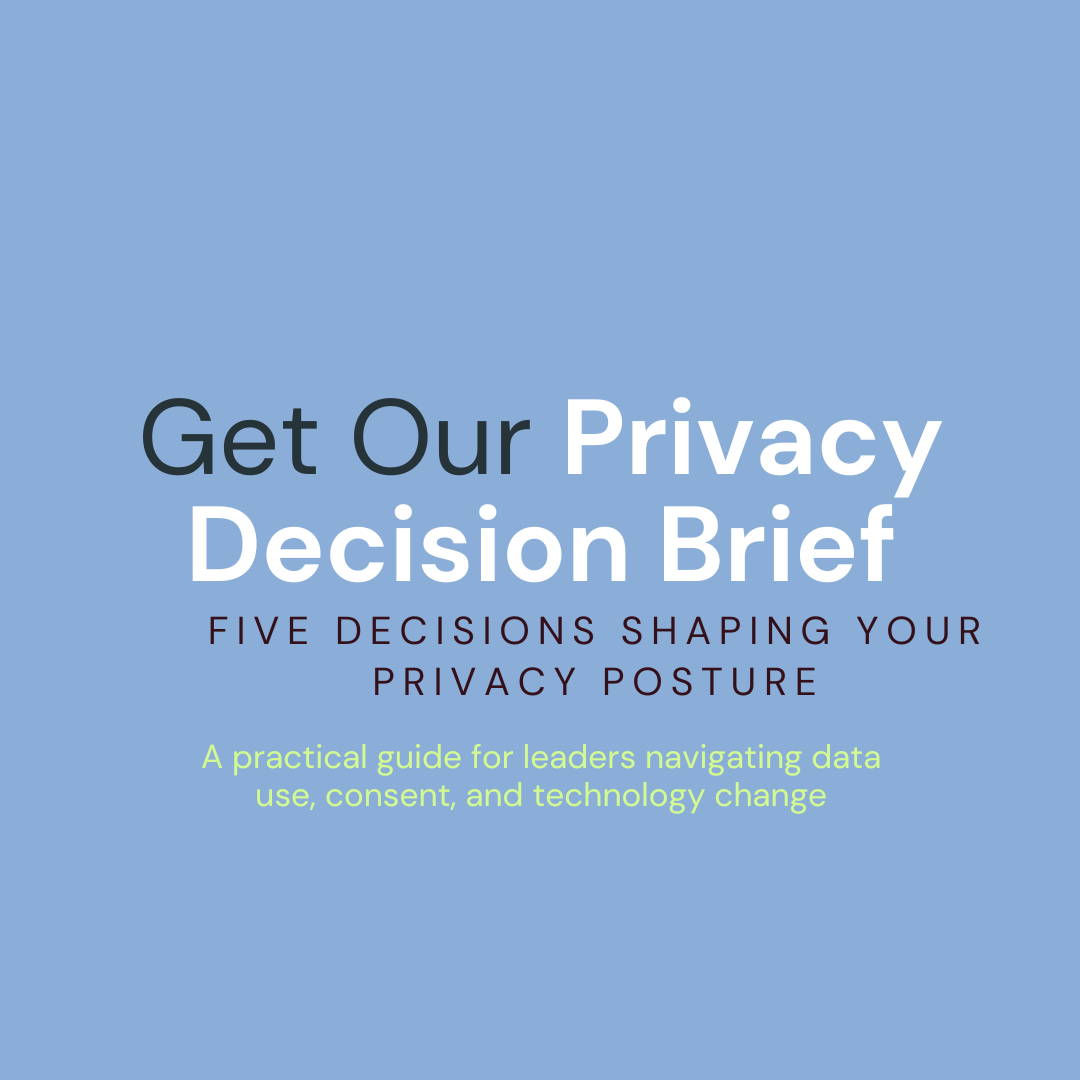What the Redefinition of “Sensitive Data” Means for Online Advertising
Jun 02, 2025As state-level privacy legislation evolves across the U.S., a clear pattern is emerging: lawmakers are not only expanding what qualifies as sensitive data, but also enforcing stricter standards around how all personal data is collected, processed, and shared. These changes reflect a deeper philosophical shift — one that’s reshaping the future of online advertising as we know it.
A recent example comes from Massachusetts, where a pending bill proposes some of the most progressive and restrictive data privacy standards yet seen. But while the legislation itself is still moving through the process, its structure signals what’s coming: a new regulatory baseline, not just in Massachusetts, but for other states looking to modernize their own laws.
A Broader View of What Counts as “Sensitive”
Historically, privacy laws defined sensitive data narrowly: health records, biometric identifiers, religious beliefs, sexual orientation. But as digital life has evolved, so too has the understanding of what kinds of information expose individuals to harm or manipulation.
Newer legislation like the bill proposed in Massachusetts reflects the belief that online activity data, behavioral profiles, and inferences drawn from users’ digital footprints should now be considered sensitive, and therefore subject to heightened protections.
This shift reflects more than just regulatory tightening. It represents a philosophical reframing: that personal autonomy in the digital world requires limits on ambient surveillance, even if the information collected seems mundane in isolation.
From Collection to Processing: The New Data Minimization Standard
We’re also seeing a refinement of the data minimization principle, limiting not just what companies can collect, but also what they can do with personal data once they have it.
Several states, including Maryland and Massachusetts, are now proposing laws that restrict personal data processing to only what is "reasonably necessary" to deliver a requested product or service. This legal standard reflects a maturing understanding among lawmakers: it’s not just the act of collecting data that matters, but what happens next matters just as much.
Not a Blanket Ban on Advertising, But a Practical Reset
To be clear, these laws don’t explicitly outlaw digital advertising or even all forms of targeted ads. In fact, the Massachusetts bill, like others, allows first-party advertising and some targeting using non-sensitive personal data.
However, the catch is in the definition: because data like cross-site browsing behavior is labeled “sensitive,” it can no longer be used for targeted ads without explicit opt-in consent. And in practice, most users won’t opt in, especially if asked clearly and directly.
As a result, the dominant models of programmatic advertising — which are based on real-time bidding, cross-device tracking, and behavioral profiling — are effectively rendered noncompliant, unless radically restructured.
What This Means for Online Advertising
For digital advertisers, some of these bills would require serious adaptation:
-
First-party advertising is safe: Using your own customer data on your own platform remains largely permitted.
-
Behavioral targeting across services is on the chopping block: Most forms of cross-device, cross-site tracking now require explicit consent.
-
Programmatic and real-time bidding models may need overhauling: These rely on third-party profiles and inferred behavior, much of which would now be “sensitive.”
-
Contextual and consent-based models will rise: Advertisers will need to shift toward content-based targeting or build direct relationships to gather first-party data.
What Legislators Are Learning
These emerging state bills signal that lawmakers are beginning to:
-
Recognize the economic role of advertising, and avoid blunt prohibitions,
-
Draw a clearer line between legitimate service delivery and excessive surveillance, and
-
Raise the bar for consent, especially where sensitive data is concerned.
Notably, some proposals like the one in Massachusetts do not currently exempt nonprofit organizations, signaling an understanding that data rights should apply regardless of institutional tax status.
What’s Next
These trends are just beginning. While individual state bills must still navigate committee reviews, legislative votes, and potential amendments before becoming law, the direction is clear: lawmakers are evolving their understanding of both privacy and digital business models.
For marketers, platforms, and policy professionals, that means preparing:
- Audit your ad tech stack to map where sensitive data is collected and shared and review third-party platforms and consent settings
- Prioritize first-party data and offer value for voluntarily shared information
- Lean into contextual targeting to align ads with content and declared user interests and minimize reliance on behavioral tracking
- Strengthen your consent approach to make opt-in choices clear and granular
- Ensure marketing, legal, and product teams share a clear understanding of what “reasonably necessary” means
The Takeaway
We're entering a new chapter of digital privacy in the U.S., one in which legislators are saying, in clearer terms than ever before: just because you can collect data doesn’t mean you should, and just because someone visits your site doesn’t mean you own their behavioral profile.
For the advertising industry, that’s not the end — it’s a turning point. The most resilient organizations will be those that meet this moment not with resistance, but with creativity, transparency, and trust.
I work with teams to review your strategy and build custom guidance that balances compliance and strategy. Let's talk.

